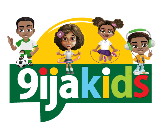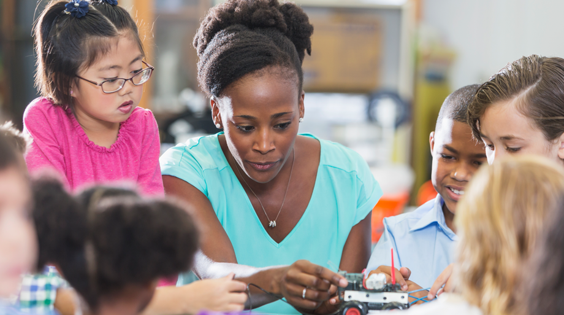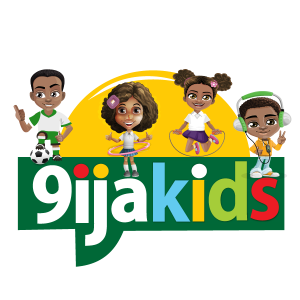Every industry has its fair share of buzzwords and the education space is no different. Several people use buzzwords in conversations to show off their knowledge. Some interviewers ask about them during interviews to see if you keep up with industry trends. As an Educator, it is essential to keep up with trends in the industry, know the buzzwords and their meanings and explore how you can implement them in your classroom.
Here are our 9 top picks of educational buzzwords and their meaning:
- Bloom Taxonomy: Bloom’s Taxonomy refers to a set of learning objectives that teachers use to guide their students through the learning process. Bloom taxonomy explains the various stages of learning from basic knowledge of remembering/ recalling knowledge to higher levels of evaluation and creating. There are six levels of Bloom’s Taxonomy: remembering, understanding, applying, analysing, evaluating, and creating. Teachers can apply Bloom’s taxonomy by asking questions and delivering assignments that directly correlate with specific learning objectives of each level.
2. Growth Mindset: Growth mindset is a belief in one’s ability to grow, learn, and succeed. Students with a growth mindset believe that they can improve their skills/talent through hard work, thriving on challenge, and seeing failure as an opportunity to do better.
3. 21st Century Skills: Refers to a general term for skills of the future. “The term ‘21st-century skills’ is generally used to refer to certain core competencies such as creativity, communication, collaboration, digital literacy, critical thinking, and problem-solving that it is believed schools need to teach and help students thrive in today’s/future world.
4. Scaffolding: This refers to the support a teacher gives a student when a new skill or concept is introduced to them. Some scaffolding techniques may include activating prior knowledge, modelling, displaying a visual graphic, using verbal cues, using a graphic organizer, asking questions, making predications, or teaching key terms before reading
5. Flipped Classroom: This teaching model flips the traditional learning environment where what is usually thought of as homework becomes classwork and vice-versa. Students watch instructional content (including recorded lesson) on their own time/at home before class, while in-class time is devoted to ‘homework,’ such as projects, discussions and group work.
6. Blended Learning: Blended learning combines self-paced learning with online content/computer based and traditional classroom instruction. A blended learning approach ensures that the learner is engaged and driving his or her individual learning experience.
7. Project-Based Learning: is a teaching method in which students gain knowledge and skills by working for an extended period of time to investigate and respond to real life, engaging complex and challenging questions.
8. E-Learning: Learning system based on formalised teaching with the help of electronic resources. E-Learning refers to wide range of applications and processes designed to deliver instructions through electronic means.
9. Game Based Learning: Game-based learning type of game play that has defined learning outcomes. It describes an approach to teaching, where students explore relevant aspect of games in a learning context designed by teachers. It simply means including games in your instruction/lessons.
As a 21st Century teacher, it is not enough to know these buzzwords. It is more important to implement them to improve the learning experience of your students.
For example, game-based learning has the potential to turn routine, mundane tasks into refreshing, motivating experiences. In addition to increasing engagement, gamifying lessons like Math allows students with different levels of comprehension to participate and learn
Let help you introduce fun learning into your classroom with 9ijakids educational games. Download 9ijakids app TODAY for FREE and enjoy 30 days FREE trial.
Happy teaching, everybody!!!


